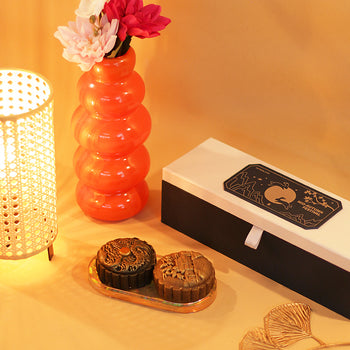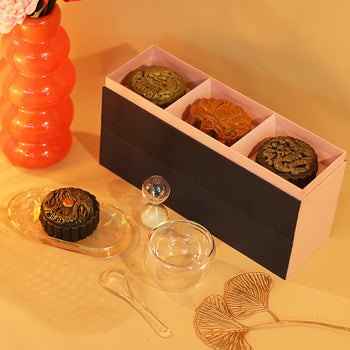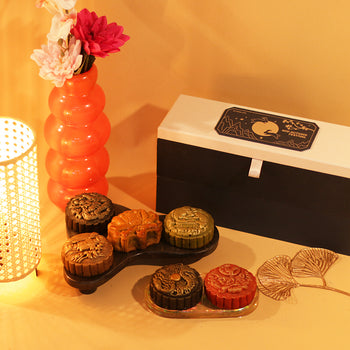- LembarJP merupaka bandar agen slot online resmi terpercaya, nikmati game online gacor terbarik kapan saja! Dengan layanan 24 jam penuh nonstop, transaksi cepat, dan jaminan pembayaran JP PASTI 100%!
- LembarJP merupaka bandar agen slot online resmi terpercaya, nikmati game online gacor terbarik kapan saja! Dengan layanan 24 jam penuh nonstop, transaksi cepat, dan jaminan pembayaran JP PASTI 100%!














 PROMO
PROMO
 LOGIN
LOGIN
 DAFTAR
DAFTAR
 ALTERNATIF
ALTERNATIF
 Live Chat
Live Chat